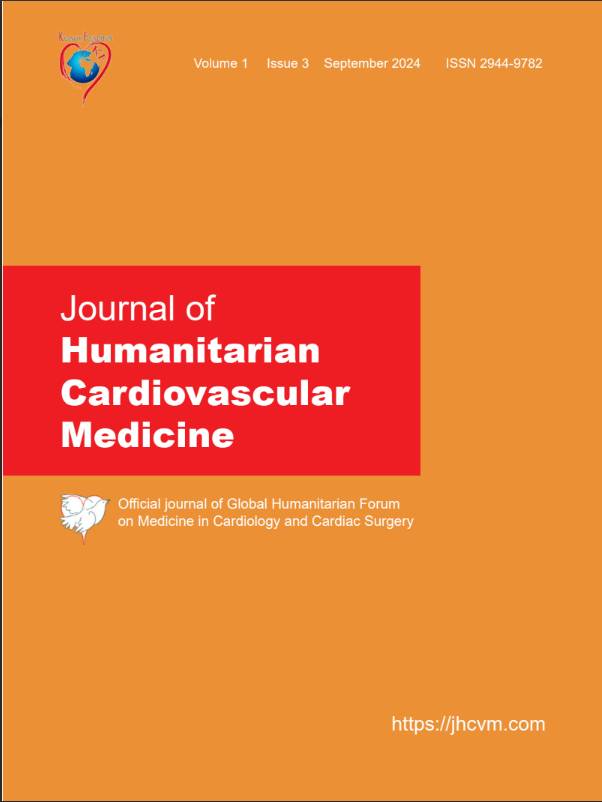Regional Cardiac Needs - Africa: How to Heal the Global South
Abstract
Background: The current population of Africa of 1.4 billion will double by 2050. Similarly the pediatric (43%: 387,6 million, < 15 yrs old) as the student age (< 25 years) population (60% : 884 millIion) will double. About 1- 4% of babies are born with congenital heart disease and 1-30% are susceptible to develop preventable rheumatic heart disease caused by streptococcal throat infection associated with rheumatic fever. Only 2% (0.5-3.4%) of children with heart diseases have access to heart surgery. Open heart surgery per million population in sub-Saharan Africa is 5/million as compared to 116/ million in South America, WHO recommends 400 OHS/million which is currently impossible in Africa even the 40 OHS/million suggested by PASCaTS remains unmet.
Article Details
- How to Cite
-
Yankah, C. (2025). Regional Cardiac Needs - Africa: How to Heal the Global South . Journal of Humanitarian Cardiovascular Medicine, 1(3). https://doi.org/10.12681/jhcvm.40345
- Section
- Editorials
- Categories

This work is licensed under a Creative Commons Attribution-NonCommercial-ShareAlike 4.0 International License.
This work is licensed under a [Creative Commons Attribution-NonCommercial-ShareAlike 4.0 International License|https://creativecommons.org/licenses/by-nc-sa/4.0/]. Authors who publish with this journal agree to the following terms: # Authors retain copyright and grant the journal right of first publication with the work simultaneously licensed under a CC-BY-NC-SA that allows others to share the work with an acknowledgement of the work's authorship and initial publication in this journal. # Authors are able to enter into separate, additional contractual arrangements for the non-exclusive distribution of the journal's published version of the work (e.g. post it to an institutional repository or publish it in a book), with an acknowledgement of its initial publication in this journal. # Authors are permitted and encouraged to post their work online (preferably in institutional repositories or on their website) prior to and during the submission process, as it can lead to productive exchanges, as well as earlier and greater citation of published work (See [The Effect of Open Access|http://opcit.eprints.org/oacitation-biblio.html]).



